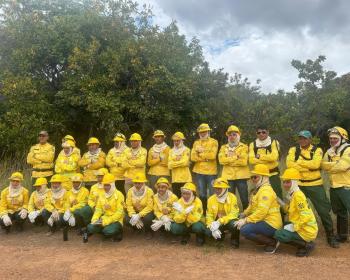By Oliver Lopez
On a breezy morning in April 2025, after a long week of discussions at the 24th session of the UN Permanent Forum on Indigenous Issues, 32 delegates, Indigenous leaders, and Elders from around the world were invited by Comunidad Integradora de Saberes Andinos (CISA) and New York City’s Riverside Park Conservancy to gather at the Riverside Park Bird Sanctuary.

